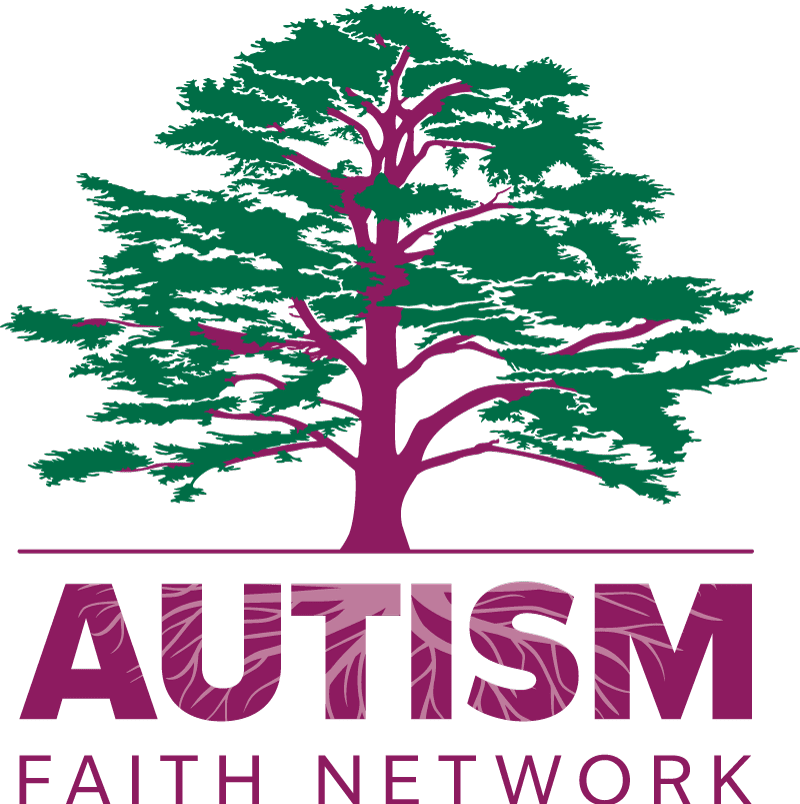*We are pleased to have a guest blog post by Erin Burnett. You can find more of her work at: http://erinburnettauthor.co.uk. You can also follow her on Facebook at: http://www.facebook.com/lizasavenger.
My name is Erin Burnett and I am a 21-year-old theology student from Northern Ireland. I am also autistic, which has a big impact on how I relate to the church. I decided to write my final year dissertation about the experiences of autistic adults in the church, as what little has been written on caring for autistic people within Christian communities mostly focusses on children. It is wonderful that autistic children are beginning to get to support they deserve, but autism does not disappear in adulthood; the National Health Service estimates 1 in 100 adults are autistic. It is therefore statistically likely that any given church has at least one autistic adult in their congregation.
The following five steps are based on suggestions from the autistic adults I interviewed for my research.
- Listen
The primary recommendation for pastoral carers is to listen. Autism is a heterogenous disorder, meaning every autistic adult presents differently, and therefore support needs to be personalised to the individual. Churches have a duty to follow the example of Christ, who took on human form and came alongside those who were ostracised from normative society, inviting them into the kingdom of God.
- Try not to be demanding
Some autistic people do not cope well with excessive demands and obligations; the fancy term for this is pathological demand avoidance (PDA). Placing demands upon autistic adults during pastoral care, no matter how well intentioned they are, has the potential to harm rather than help. For instance, statements such as “you must read the Bible and pray every day” may be perceived as too demanding. Better phrasing involves giving the person agency over the task and the option to refuse: “If you think it would help you, try praying”.
- Pay attention to the physical environment
There are physical adjustments that can be made to the church environment in order to prevent sensory overload, as autistic people tend to be more sensitive to sound and light. Adjustments need not be expensive. I once attended an international church in Japan which had a basket of earplugs at the front door of the church; simple, inexpensive and a blessing for those with hypersensitivity to sound. Other adjustments suggested by my interviewees included not using fluorescent lighting, having a predictable order of service and providing a quiet room.
One interviewee said their church has a style of worship that is lively, loud and bright, but the church recognises this does not appeal to everyone. Their solution was to broadcast the service into the café area, where people with sensory sensitivity can participate in a quieter environment. It is not only autistic people who use the quiet room – there are many neurotypical people who also prefer quieter worship.
- Don’t try to ‘cure’ autism
Churches should avoid teaching that autism is a mental illness to be healed through prayer. One interviewee had the experience of being told that autism is a direct result of sin, and if only autistic people had more faith, they would be healed. Such comments can cause a person to doubt their worthiness in the eyes of God and give the impression that they are only welcome in church if they behave in a neurotypical way. Instead, the church should take a kingdom-focussed approach, viewing autistic people as equal subjects of the kingdom of God rather than objects of charity. Every person has gifts they can bring to a church community, and autistic people are no exception (see 1 Corinthians 12:12).
- Get educated
Almost everyone I interviewed said they wanted church members to be more educated about autism. Autistic adults and their carers can be involved in educating their congregations, but putting the responsibility wholly on them can be exhausting. Alternatively, education could come from church-produced guides, or by co-operating with charities. A good example of a church-produced guide is the Diocese of Oxford’s guide on including autistic people in church community, which can be viewed here.
As for working with charities, the Autism Faith Network provides activity ideas and educational materials for use in churches, and has a list of autism-friendly churches so that autistic people can find inclusive communities. Several of the interviewees did not know any other autistic, therefore networks provided by the Autism Faith Network can be a valuable source of fellowship. Currently the list comprises only of North American churches; I hope this my will encourage UK churches to get involved (once lockdown ends, of course).
Conclusion
As an autistic Christian, I have a deep desire to be part of something beyond myself, to follow the teachings of Jesus and establish the Kingdom of God on earth. I may not be the best at expressing this verbally, but this I know: God is love, and autistic people are just as capable at giving and receiving love as anyone else. Many autistic adults face a life of isolation and misunderstanding; churches can offer a community of inclusive love for such individuals.
I finish with a quote from one of my interviewees: “Being in church makes me feel part of a loving community, so very different from the mess and hate of the world”.
*Thank you, Erin, for sharing your research and valuable insight with us!


I am a autistic and in my 50s has a parent too and now a nan. People don’t assum much about me. I am a Christian and go church but church understanding for adults in mine is not great. How do you approach your minster about educating and sharing my testimony and my life on the autism spectrum. And if I can ask others in church I no who have same including my son we all could help put a service together and ask the minister to preach on acceptance or something. Those that won’t do anything could just do background quieet stuff. I would love to be part of setting something up! But don’t no how to ask!